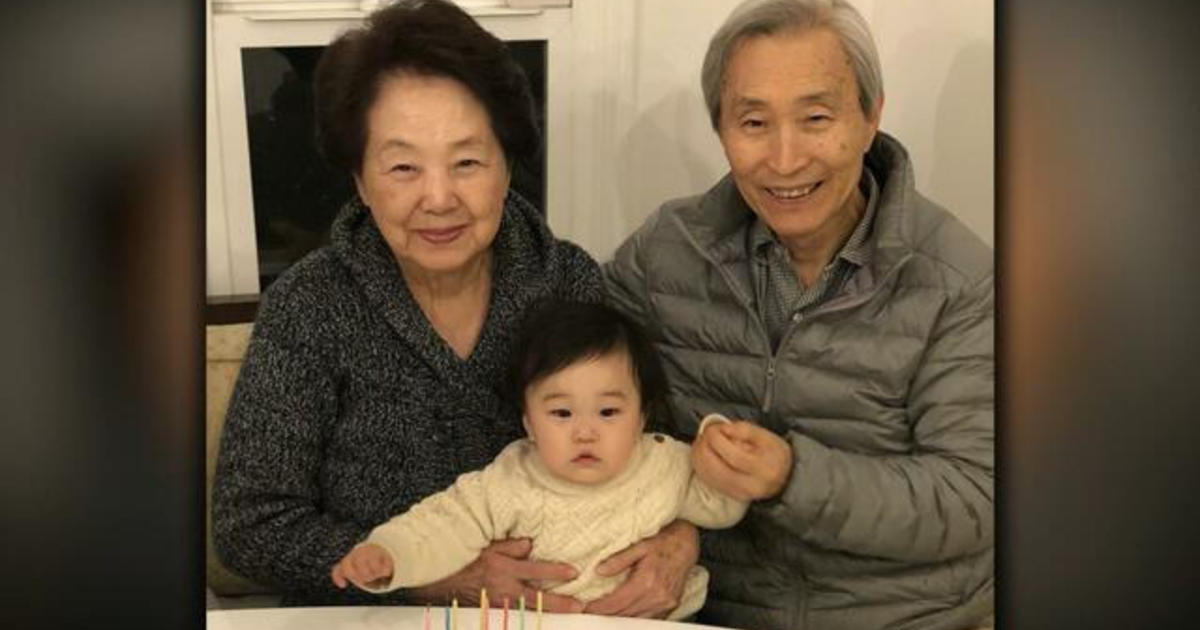Machine learning helps science tackle Alzheimer's
Can the machine invasion help save your brain?
In the case of Alzheimer's, machine learning and artificial intelligence (AI) are helping scientists pinpoint risks faster than ever, a key development because earlier detection is becoming more urgent amid an aging population.
The National Institutes of Health estimates 2.6 million to 5.1 million Americans 65 and older may have Alzheimer's disease. The annual cost of caring for them is pegged at more than $100 billion and growing. Prevalence of the disease may triple by 2050 if interventions aren't found, the NIH estimates.
Put another way: Every 66 seconds someone in the U.S. develops Alzheimer's dementia. By 2050, it will be every 33 seconds, according to a 2017 report from the Alzheimer's Association.
The disease has no cure. So in late 2010 Congress passed the National Alzheimer's Project Act, which set a goal to prevent or effectively treat the condition by 2025. Data storage and machine learning may help researchers get there faster than even just a few years ago as they hone techniques and sort results at greater speeds. That allows for even more research.
"What scientists see going on is that there is just so much data exploration that you can't just see with the human eye -- see Jupiter like Gallileo did, or see evolution like Darwin did," said Michael Weiner, principal investigator at the Alzheimer's Disease Neuroimaging Initiative, an open database for research known as ADNI. "You need computation techniques that can sift through huge amounts of data and detect patterns, and that's what machine learning and artificial intelligence can do."
ADNI began in 2004 as one of the first open information databases for scientists. That means anyone can use the data for research. That's atypical for a profession where researchers tend compete in secrecy to publish breakthroughs first.
Once ADNI data is used, scientists can then go back and ask more specific questions or expand their databases and retest their findings.
Take genetic research. As pools of information garnered from blood samples, RNA, DNA and other sources grow, more computing power is needed to sift through results to pinpoint information that might help develop drugs, enhance early detection or even determine who's at risk for being most vulnerable.
DNA variants across the genome have "subtle differences from one person to the next," said Richard Pither, CEO of Cytox Ltd. "They might confirm a very, very small risk or very, very small advantage in terms of future Alzheimer's disease. But if you start looking at patterns, what you can find are combinations of risks associated with DNA variants, which can lead to an overall enhanced risk profile."
Even as things like studying the human genome come down in cost, the volume of data needed to sort and validate and retest increases, said Andrew J. Saykin, a professor of medical and molecular genetics and director of the Indiana Alzheimer Disease Center as well as the Center for Neuroimaging at Indiana University School of Medicine.
"People talk about finding the needle in the haystack to understand the disease. It really, now, is also now labeled finding multiple needles in multiple haystacks. And they move around over time," Saykin said. "The challenge is we have to find the truly informative signals in this extraordinarily rich array of data."
With cloud storage systems at Amazon (AMZN), Google (GOOG) and Microsoft (MSFT) and research help from companies like IBM (IBM), scientists can process information more quickly to dig through the reams of information faster.
"It's more flexible, more available, you don't have to worry about turning over equipment and people can just go to the data and do the analysis," said Li-San Wang, an associate professor of pathology and laboratory medicine at the University of Pennsylvania and principal investigator at the National Institute on Aging Genetics of Alzheimer's Disease Data Storage Site.
"We're talking about moving hundreds of terabytes of data" that would require lots of really big hard drives to hold, said Wang. "Instead of having copies in a lot of different places, you can go to the cloud and run the analysis. That's where the power comes in, how you integrate all this information."
Before cloud computing, "you would purchase a server with some computer power, let's say for $20,000, spend days setting it up, then run your analysis on the data," said George Kassabgi, chief product officer at Seniorlink who has advised on AI and the health industry. Now, in minutes, researchers and others can run analyses and sort and eliminate data faster. "The cost of the latter is likely less than $100," he said.
Still, he warns there's "a lot of hype" around machine learning and AI, and it pays to be cautious when looking at steps in research.
Alzheimer's isn't the only health issue researchers and developers think robots and machines might be able to help with. Machine learning and health turned up more than 219,000 studies on the American Association for the Advancement of Science website.
That may be why companies are betting on breakthroughs. In February, CBI Intelligence highlighted 106 startups that aim to use machine learning to transform health care in some way, from diagnostics to monitoring. That's up from fewer than 20 in 2012 and about 70 last year.
The overall global drug market for Alzheimer's disease treatment may reach $14.8 billion by 2026, up from $2.6 billion last year, according to Global Data.
ADNI is funded by companies and countries, including the US and Canada, as well as GE Healthcare (GE), the biggest maker of medical imaging equipment. Drugmaker partners include Pfizer (PFE), Novartis (NVS), Merck (MRK), Genentech, Biogen (BIIB), Eli Lilly (LLY) and Johnson & Johnson (JNJ), according to ADNI's website.



